Improve Your Health Naturally
We help you understand the complex relationship between diet, nutrients, and human health with science-based information on how food components interact with biological systems to influence metabolism, physiological function, disease prevention, and overall well-being.
To learn more about Nutrition Research, click on the button below.
Recent Articles
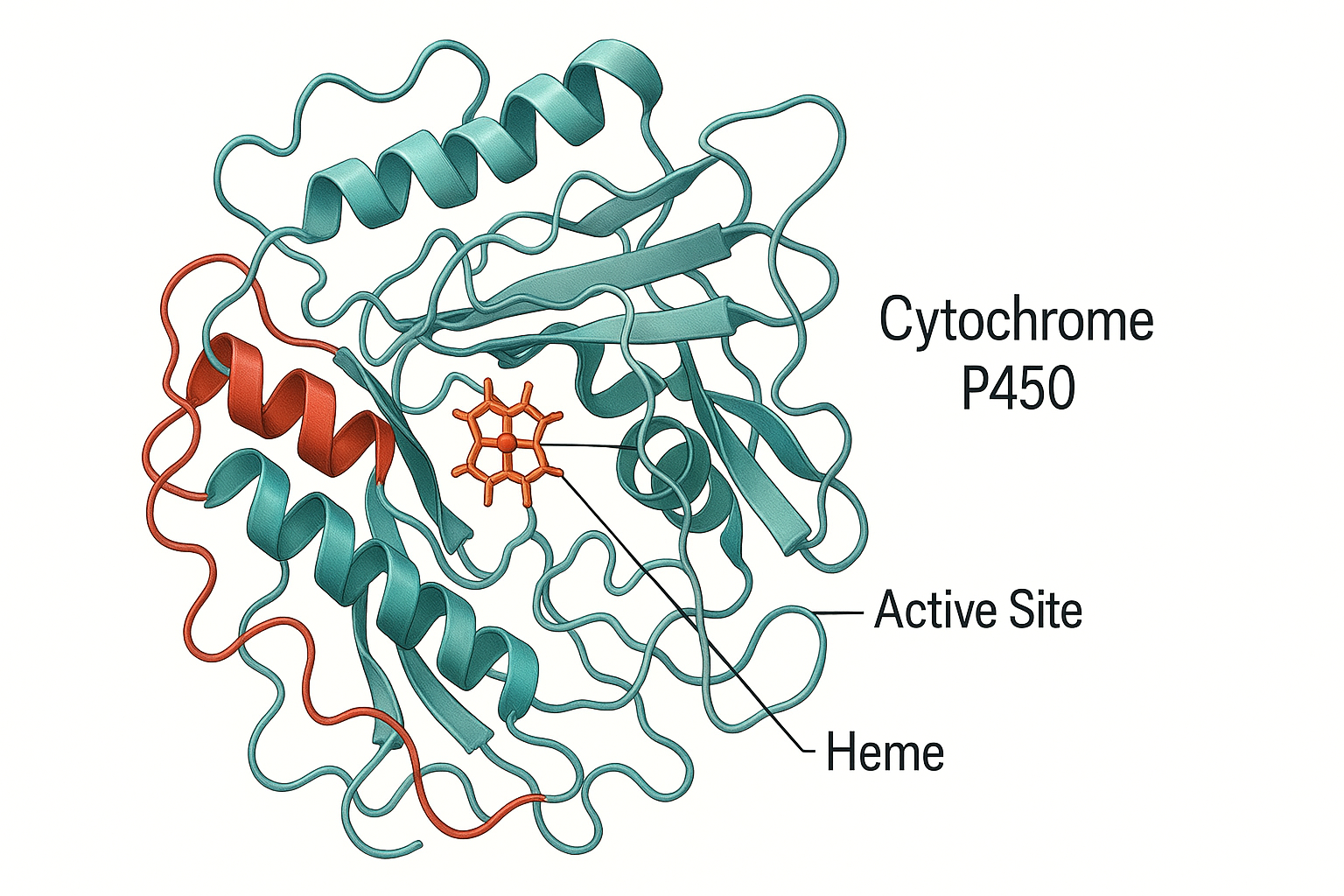
Modulation of CYP450 Activity by Flavonoids: A Mechanistic Insight into Food–Drug Interactions
Abstract Flavonoids are diverse polyphenolic molecules found in plant‐based foods, beverages, and nutraceuticals that possess a broad spectrum of biochemical actions…

Therapeutic Potential of Cyanidin-3-Glucoside: A Natural Fatty Acid Amide Hydrolase (FAAH) Inhibitor
1. Introduction Cyanidin‑3-glucoside (C3G) is one of the most abundant dietary anthocyanins, notably found in berries, purple corn, and black rice….
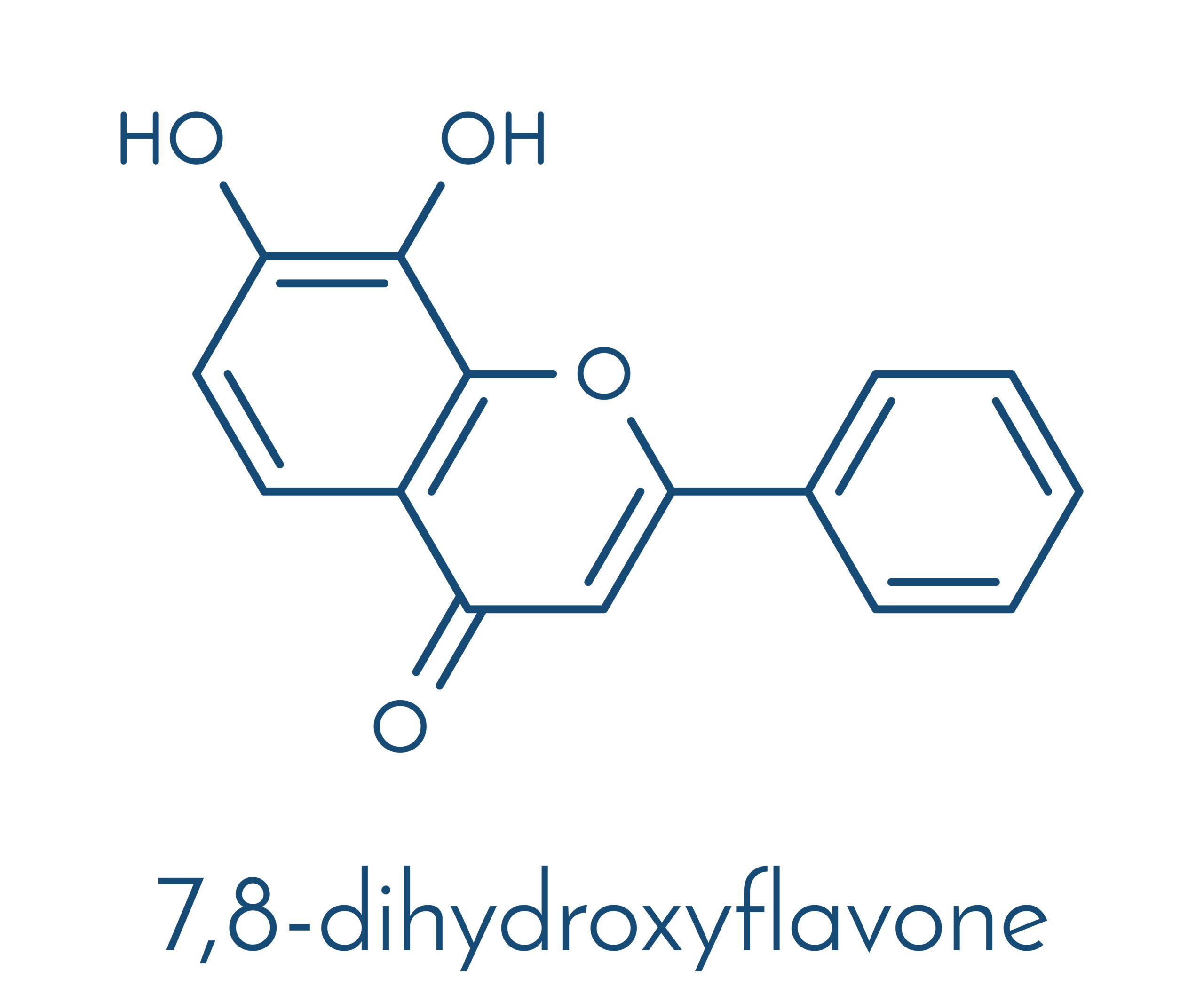
Neuroprotective Effects of 7,8-Dihydroxyflavone in Traumatic Brain Injury: Attenuation of Neuronal Death via TrkB Receptor Activation
Introduction Traumatic brain injury (TBI) is a major cause of death and long-term neurological disability worldwide. It initiates a cascade of…
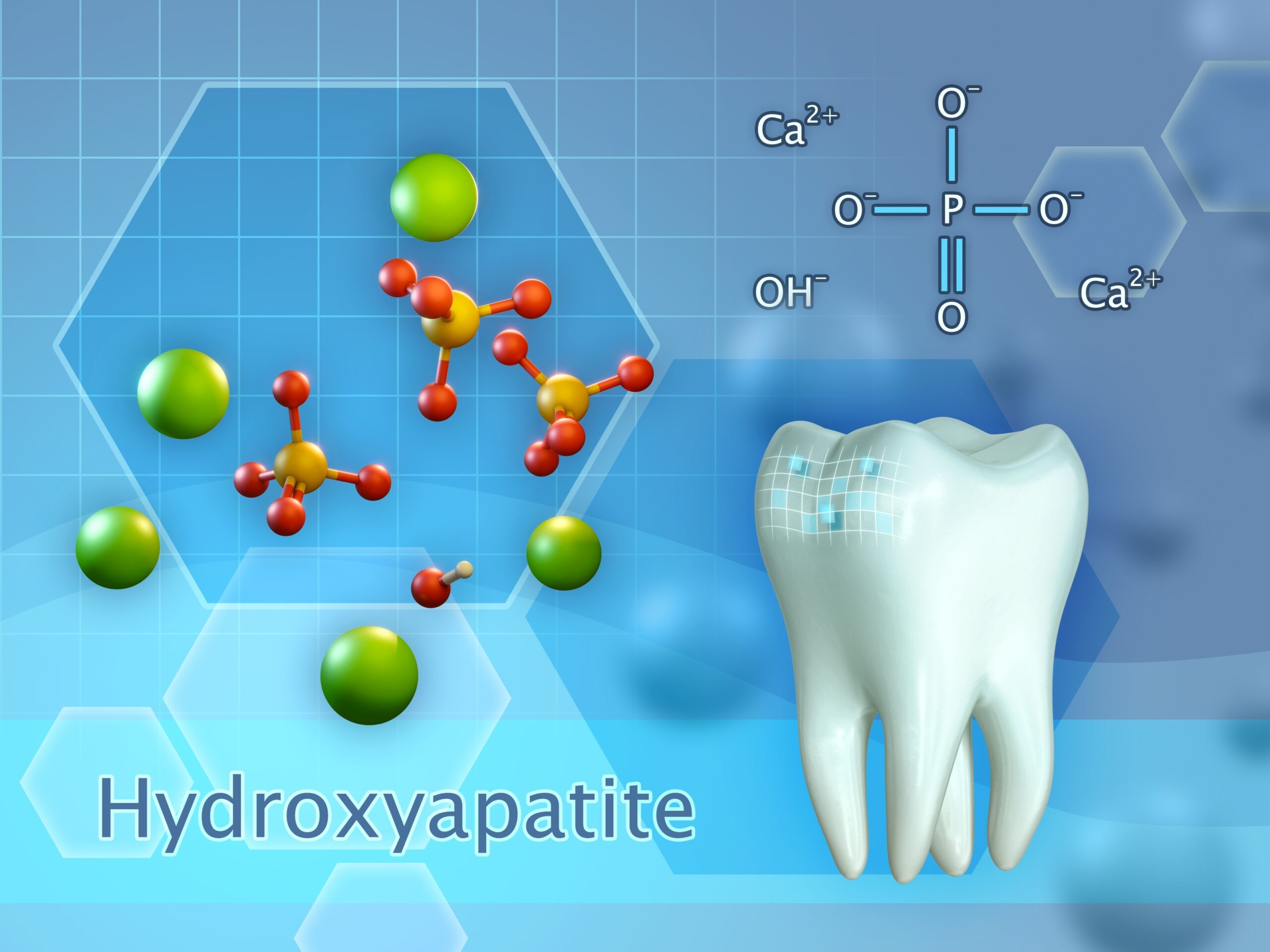
Calcium Hydroxyapatite’s Effect on Bone Mineral Density
Bone mineral density (BMD) is a critical indicator of bone strength and an essential factor in preventing osteoporosis and fractures, especially…

Improving Skeletal Bone Density With Vitamin K2 MK-4
Bone density is a key marker of skeletal health, and maintaining strong bones is essential to reducing the risk of fractures,…
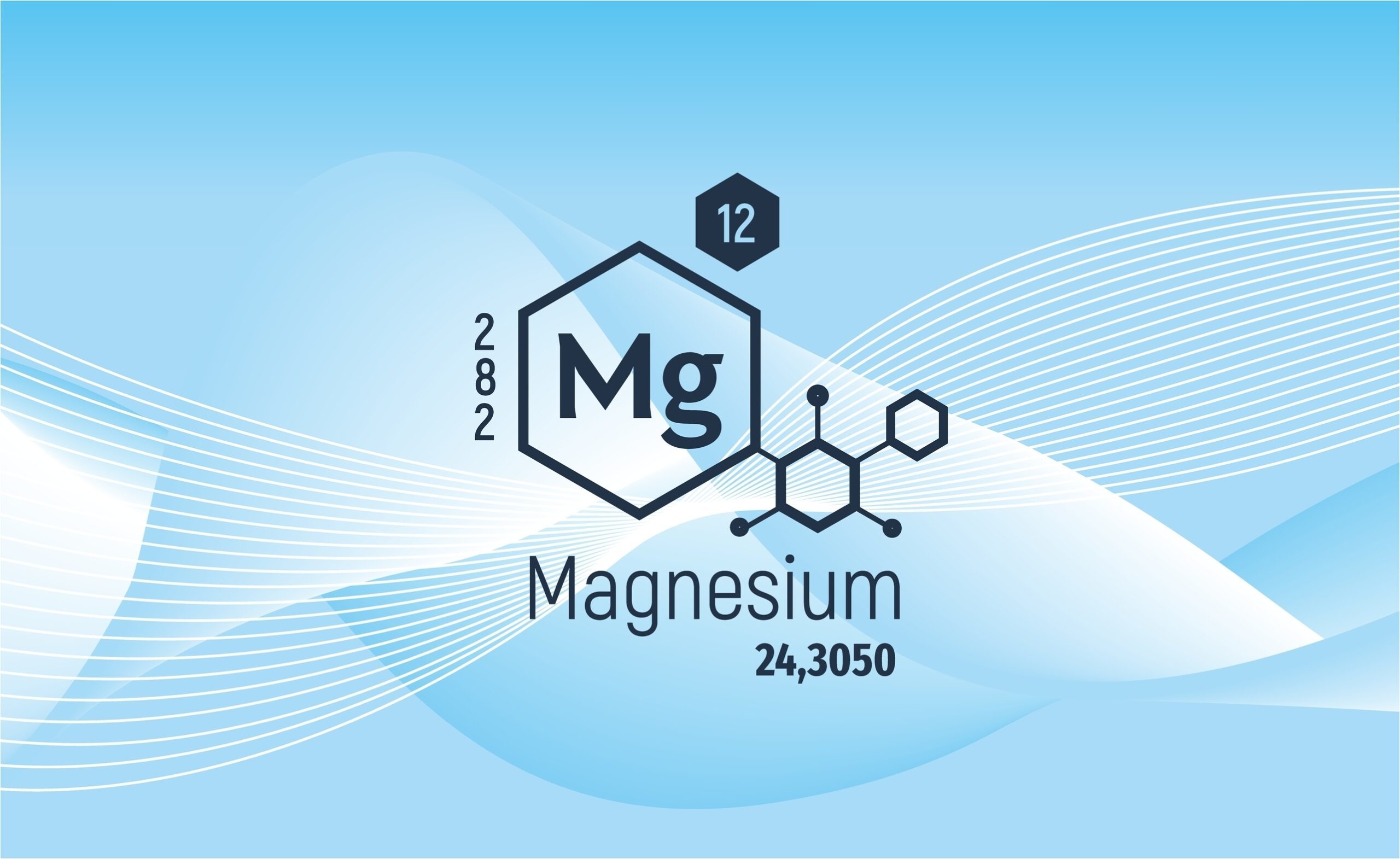
Reducing the Severity of Migraines: The Role of Magnesium
Migraines are more than just headaches, they are complex neurological events that can cause intense throbbing pain, nausea, light sensitivity, and…
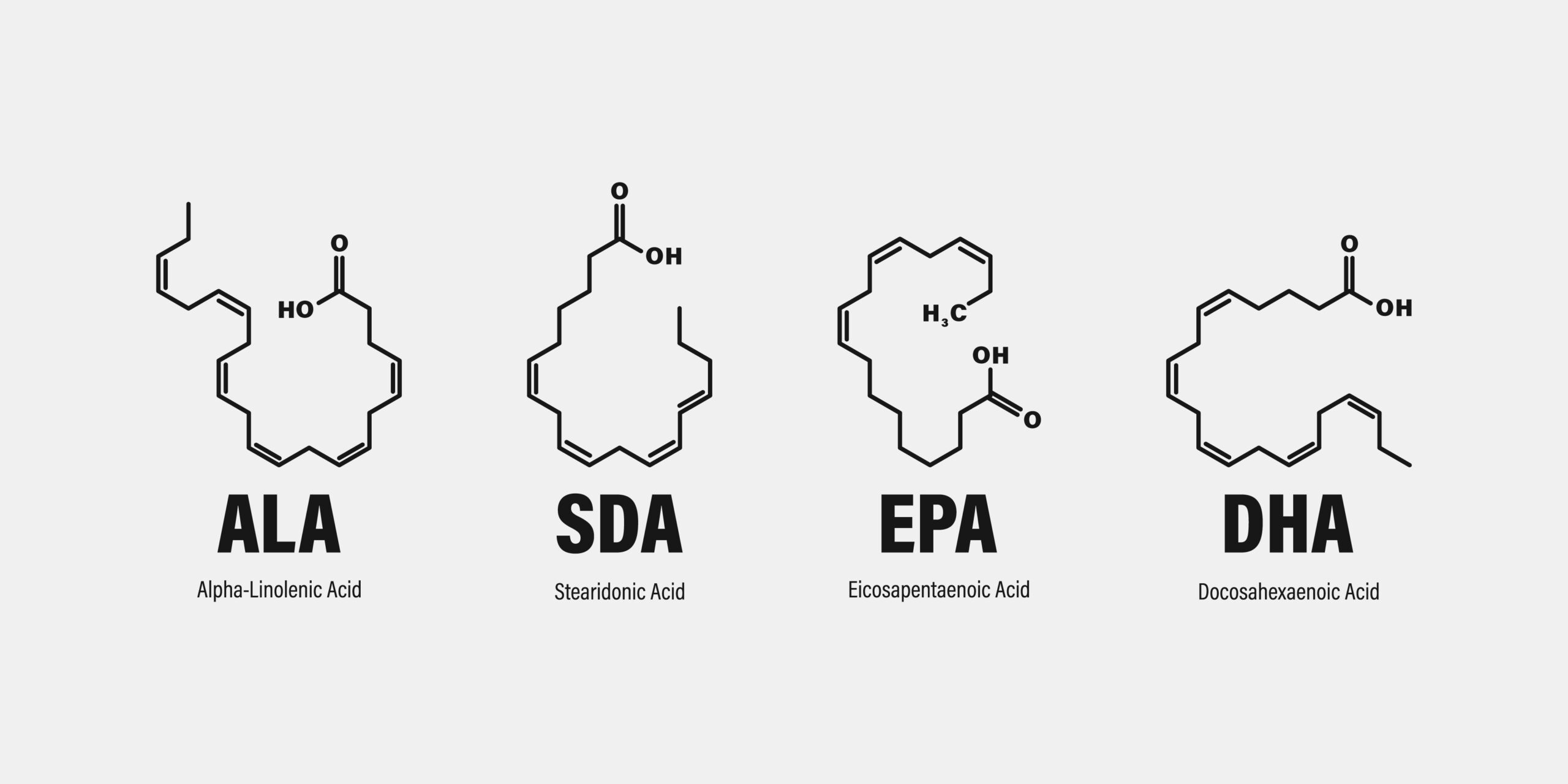
Omega-3 Intake and Inflammation: A Natural Path to Reducing Chronic Disease Risk
Inflammation is a natural immune response that helps the body fight infections and repair tissue damage. However, when inflammation becomes chronic,…
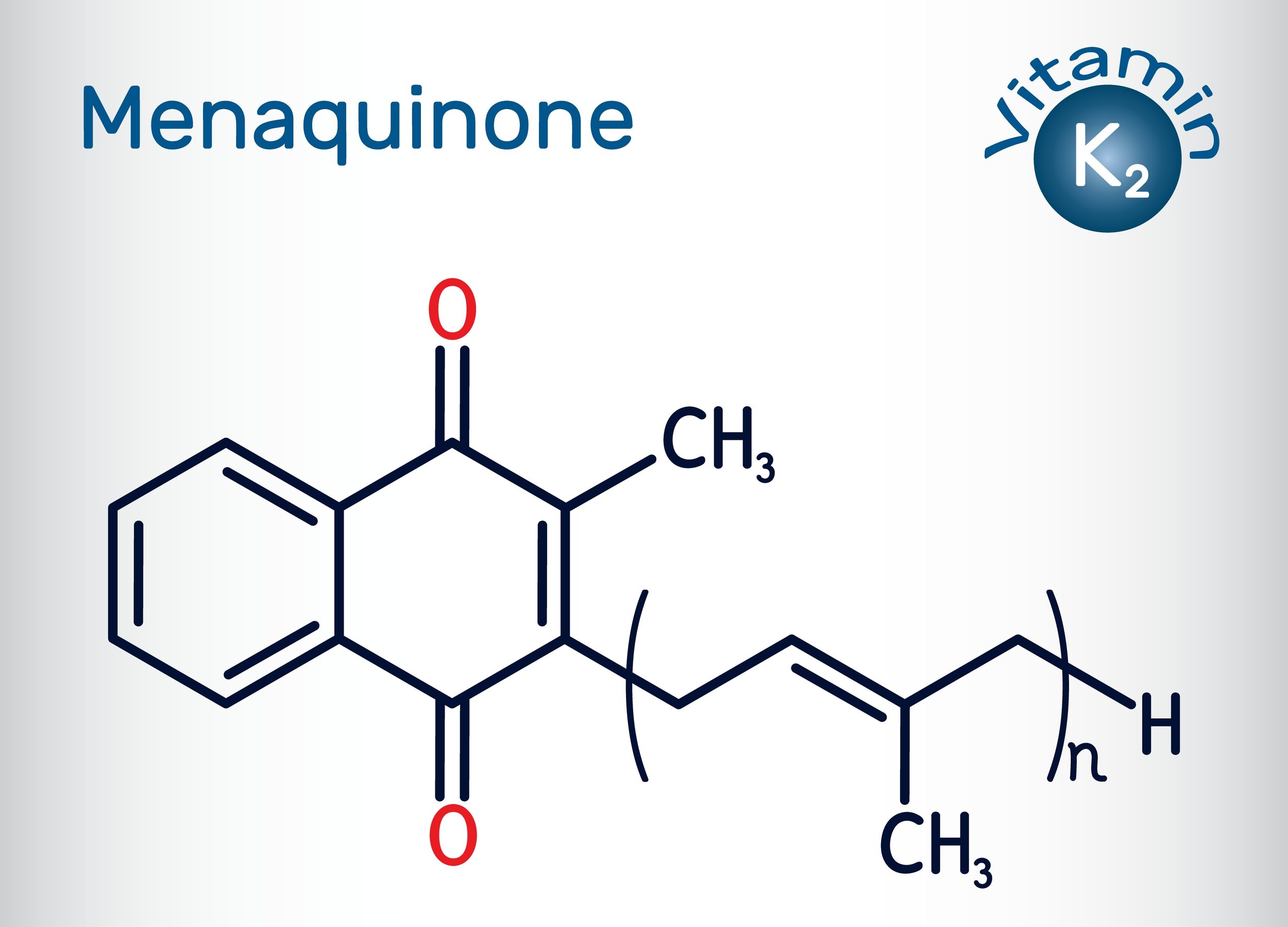
Preventing Arterial Calcification: Vitamin K2
Arterial calcification is a silent but significant threat to cardiovascular health. It occurs when calcium deposits build up in the arteries,…
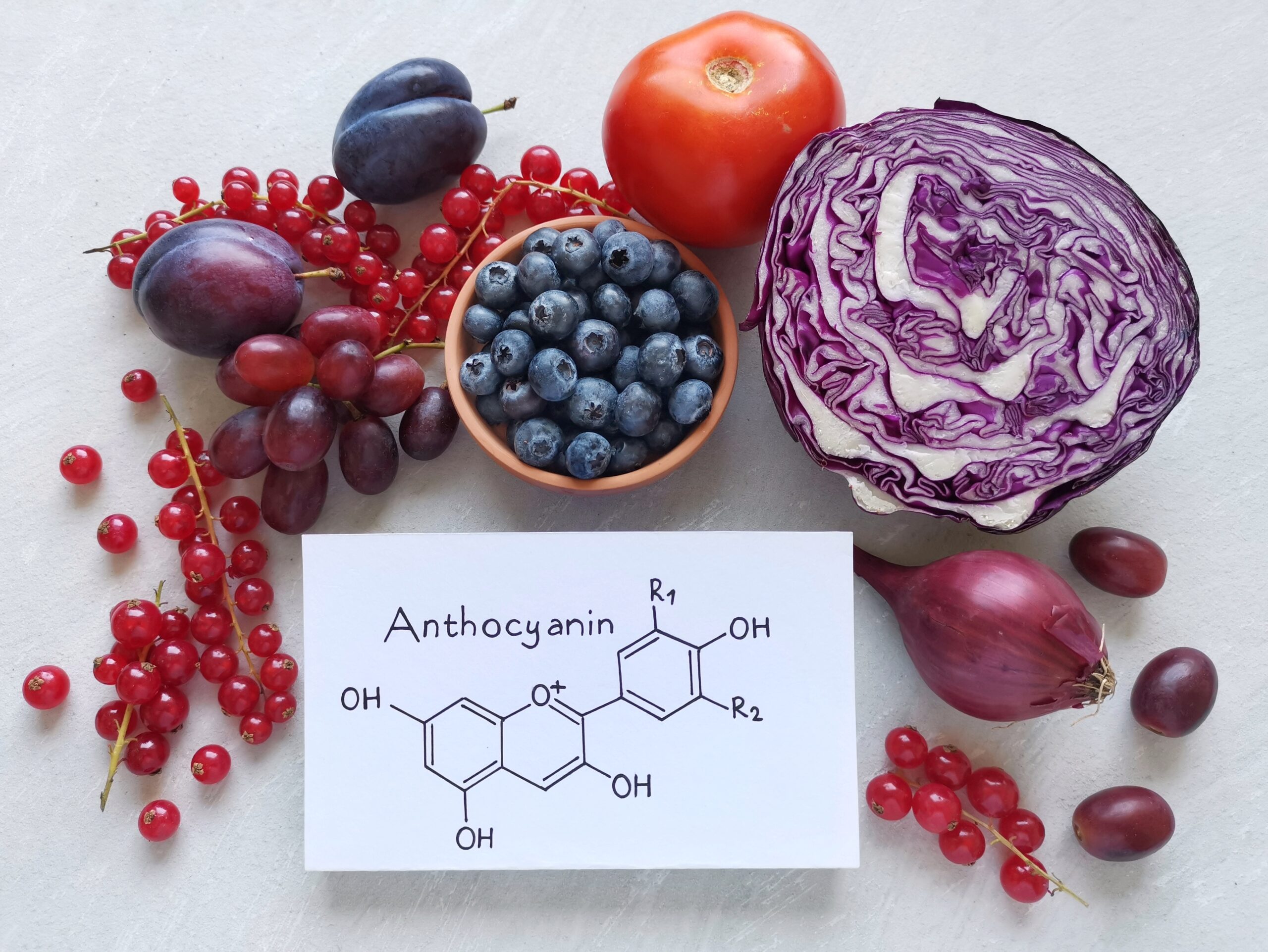
The Importance of Anthocyanins in the Management of Neuropathic Pain
Neuropathic pain is a complex, often debilitating condition that results from damage or dysfunction within the nervous system. Unlike acute pain…
